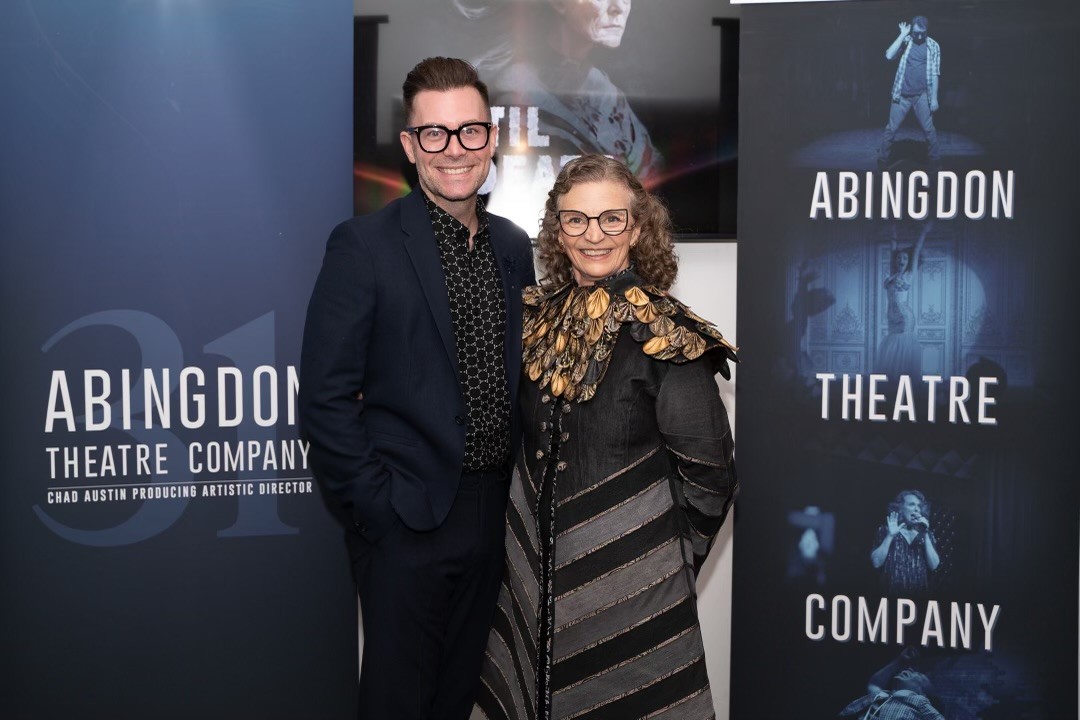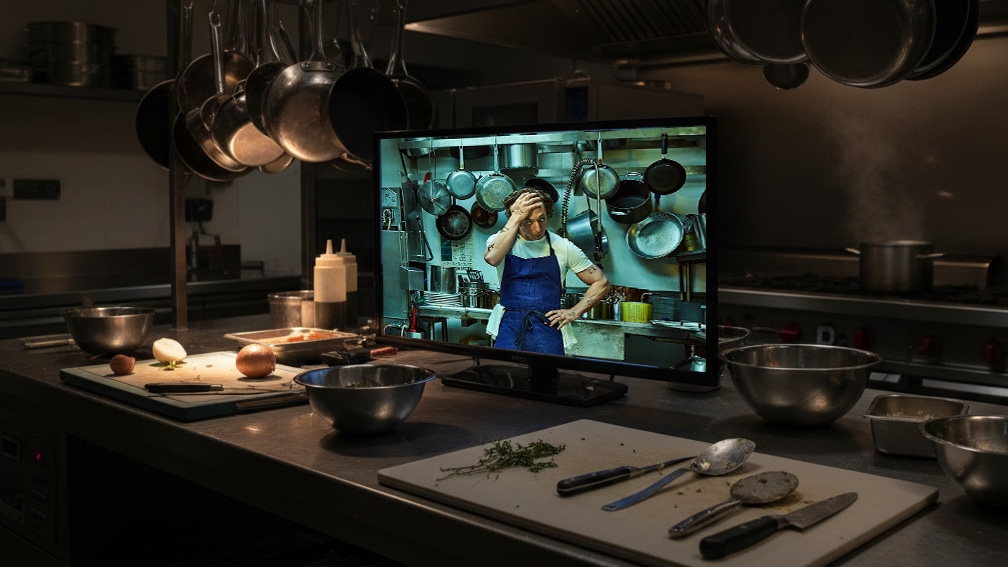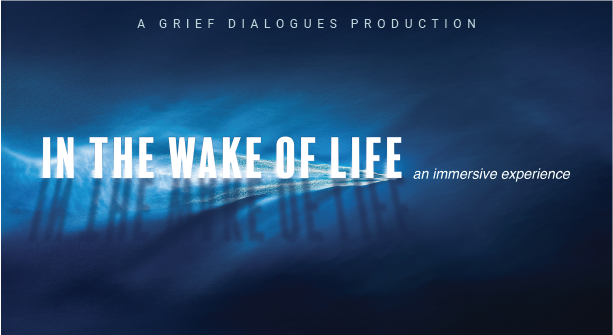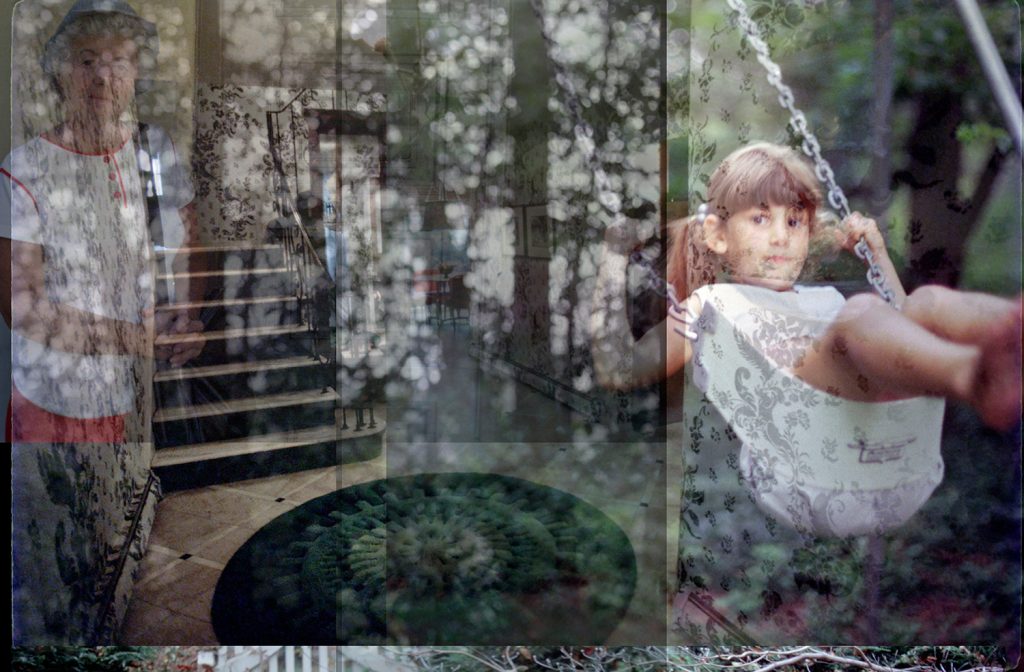This interview was originally published on canvasrebel.com
We’re excited to introduce you to the always interesting and insightful Elizabeth Coplan. We hope you’ll enjoy our conversation with Elizabeth below.
Elizabeth, thanks for taking the time to share your stories with us today Can you talk to us about a project that’s meant a lot to you?
Twelve years ago, I experienced several deaths in my family and participated actively in their transitions. With one particular death, I witnessed my cousin Myra’s final week of fighting against the return of ovarian cancer. After Myra’s death, I tried to process my grief by authoring an essay for the family members who were unable to be present.
A lifelong theatre lover and former actor, I turned that essay into a short play, Hospice: A Love Story, winning numerous awards, including a six-week run in Los Angeles. After seeing the play, people would share their death stories. I then had the idea of collecting other short plays and developing a staged reading. Its purpose? To open dialogue about dying, death, and grief. On September 8, 2016, Grief Dialogues: The Play opened at the Seattle Death Salon.
But there was more to the original story. Before her death, Myra had met a financial planner at her church, who convinced her to revise her will to his benefit and place his wife as her executor. I realized that her experience was not unique when others shared their stories of family betrayal and the hardships associated with caregiving, even in the most loving families. To include as many of the nasty elements of dying in America as possible, I developed the full-length play ’Til Death.
Originally titled Hospice, the play first performed at 18th & Union in Seattle in October 2017. With the growth of my nonprofit Grief Dialogues and the inability of live theatre to remain open during the pandemic, I tabled the play until 2021, when the play was re-worked via Zoom with the Manhattan Rep. It received a Zoom staged reading with Create Theatre in November 2021 under the new title Over My Dead Body. The Abingdon Theatre accepted the play for a workshop performance in June 2022 and ultimately announced the play titled ’Til Death for its 2023 season.


Elizabeth, love having you share your insights with us. Before we ask you more questions, maybe you can take a moment to introduce yourself to our readers who might have missed our earlier conversations?
I am a marketing and public relations veteran whose career began as a struggling actor in New York City in 1972. After realizing that I could either eat or pay rent but not both, I decided to complete college. After college I became the managing editor of Chief Executive Magazine in New York. I later moved to California where, for the next six years, I worked my way from technical writer to Director of Corporate Communications for Collins Foods International, a Fortune 500 company in Los Angeles.
My next career move was to Seattle, Washington where I met and married my husband, Scott. But tragedy struck in 2001, and I turned to writing to express her personal grief. I wrote many published essays, and later, after experiencing three losses in less than a year, I turned to writing plays focused on this global experience known as death. In 2016, I developed the groundbreaking play, Grief Dialogues, and built the nonprofit Grief Dialogues, an artistic movement creating new conversations about dying, death, and grief. In 2023, Til Death, my first full-length play opened Off Broadway with the Abingdon Theatre Company.
After those two questions, then follow with the other questions you posed and my answers starting with
Is there something you think non-creatives will struggle to understand about your journey as a creative? Maybe you can provide some insight – you never know who might benefit from the enlightenment.


Is there something you think non-creatives will struggle to understand about your journey as a creative? Maybe you can provide some insight – you never know who might benefit from the enlightenment.
Non-creatives may not understand my need to focus on the theme of death in my work. My plays are about death, a theme few people want to discuss, let alone watch unfold on stage. The biggest challenge is to portray death honestly, especially a death from cancer. Accuracy is key. Too often, plays and movies depict easy, quick deaths that would never happen in real life. I also want to present the stark reality of the individuals caring for a chronically ill person.
A big challenge for me creatively is to show the humor often found on the deathbed but without the usual cliches or trite misconceptions. In addition to my own experience, I interview others about their loved ones “deathbed stories” and include some of those scenarios throughout my plays.
My plays often have a death with dignity-element, both literally and figuratively. But I never want my work to be seen as political. Although I have my personal preferences, I strive to show both sides of the issue.


Is there mission driving your creative journey?
I believe Out of Grief Comes Art
Several years ago, I experienced three deaths in one year. Although I was more than willing to share my stories of those losses, no one wanted to hear them. It was as if death was contagious. So, I channelled my grief into writing a play. My early love of theatre allowed me to pivot easily to playwriting. I was drafting TIL Death, originally titled Hospice, when I found myself stuck on how to work through a particular scene.
To overcome this block, I wrote a separate scene, an epilogue, between the two sisters in the play, a scene I never meant to include in the original script. I showed this ten-minute script to a couple theatre friends who encouraged me to submit it to various short play festivals. Surprisingly the show won many of those festivals, performed frequently across the U.S. Most notably, it enjoyed a six-week run at the Group Rep Theatre in North Hollywood.
It shocked me, when I realized that each time I attended a performance, and the audience learned I was the playwright, they gathered to talk to me. They didn’t want my autograph or even to congratulate me on my fine play. They wanted to share with me their own stories of grief and loss. These stories ranged from funny to tragic, often times both. Occasionally the loss was recent. Other times it happened years ago — the grief still lodged in their throats as they spoke of their loved ones and the circumstances around the deaths.
This realization was both humbling and inspiring. I realized my play held healing power not merely in the dialogue (brilliantly written of course) but in its ability to create a visceral response within those watching the production.
If my story could bring this much shared experience over death and grief, think what the addition of other people’s stories could provide audiences. So, I contacted a number of playwrights, and together we assembled an evening of short plays depicting various scenarios of dying, death, and/or grief, which launched Grief Dialogues.
In 2020, Honoring Choices PNW, a Washington State non-profit, commissioned me to write a stage play about end-of-life planning. I wrote the play Honoring Choices based on the story of my own father’s terminal diagnosis. We performed the show live during their February 2002 conference and on Zoom throughout 2021. Again, audience members shared their stories of loved ones and their end-of-life trials and regrets. The play clearly resonated, and more people shared their stories about advanced care planning. The demand for the play sparked interest in creating a film, and in 2022, I learned the art of screenwriting to create the film version.
My artistic/creative focus is about theatre and now film. But theatre is not the only art form that helps us understand our emotions. Recent studies demonstrate the intrinsic benefits in all types of art including visual media, music, and movement. The World Health Organization (WHO) studied the effects of art when navigating illness or injury, processing trauma, and recovering from disease since the 1940s. For decades they demonstrated how the arts can reduce stress, prevent or slow the progression of a range of medical conditions including mental illness, and effectively treat depression and anxiety.
What is art? To be fair, there is no one agreed-upon definition of art. Its interpretation varies throughout history and across cultures. I prefer to describe art as an activity that involves a creative process — one that demonstrates emotional power and/or conceptual ideas.
I see how engagement in any creative process bridges our body, mind, and spirit, building into an art form. I also see how creating art out of our anguish and loss is profoundly cathartic. It reinforces our resilience whether we share our creation or not. I also see how many artists use their personal sorrow and adverse experiences to create some of their greatest work.
A couple of years ago, grief counselor Claudia Coenen asked me to contribute to her third book Seasons of Grief.
For the chapter, I chose to profile 14 different artists and their grief stories to represent the art field. Obviously, each grief story is different.
The why and how each artist makes their art is also diverse. Similarly, what the art means to each artist resonates differently with each of them.
All of these artists stress the vital importance of art in helping them process grief. Since art varies from person-to-person, so too does the recommendations for adding art to people’s lives. Several of their suggestions for the casual artist, the never-before-artist, and the returning artist, include:
- Clear a space for yourself and designate it as where to go when you don’t know what to do with yourself. Light a candle in honor of a lost loved one.
- If you are an artist, don’t worry. Art will flow when the time is right.
- Channel your grief through art as a consumer. Take walks through sculpture parks or local museums or go to a street dance.
- Take a beginner dance or acting class. Find a community. Don’t worry about how good or bad you are.
- Daydream constructively. Imagine possibilities. Visualize life for yourself after your loss.
- Hammer a stick into the ground. Even if you don’t think it’s art — it’s art!
- Attend a concert. Embody the music. Take a singing lesson. Write a poem and then say it aloud in the shower.
- Create a song playlist that gives you a sense of control and empowerment.
- Write where it hurts. Find the place of most genuine feeling that lives in your body and let if find the words.
- Make something that gives you an object to hold onto. Sew, knit, or bake.
- Finish the sentence: Once upon a time, she lost the key that helped her breathe and….
- Stand. Stomp. Move. Jump.
- Grab a cool rock and get some watercolours. Look at the rock and try to paint it — draw it. Keep it simple.
Grief is an incredibly intense, all-consuming feeling, and feeling drives art. Art in turns gives the invisible, hard to articulate inner experience, a tangible physical presence. In truth, out of grief comes art. Don’t take my word for it. Try something creative yourself.


Contact Info:
- Website: www.griefdialogues.com
- Instagram: https://www.instagram.com/grief.dialogues?igsh=MXhjdnlmMzVpZ2todQ==
- Facebook: https://www.facebook.com/elizabeth.coplan.7
- Linkedin: http://linkedin.com/in/elizabethcoplan
Image Credits
Grace Copeland and Elicia Miller
Suggest a Story: CanvasRebel is built on recommendations from the community; it’s how we uncover hidden gems, so if you or someone you know deserves recognition please let us know here.






